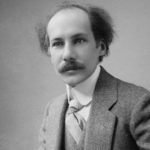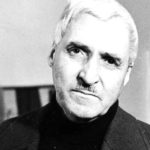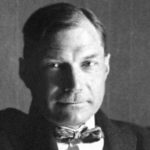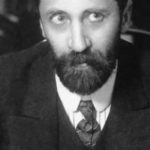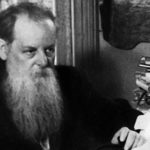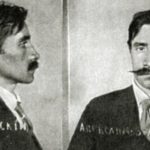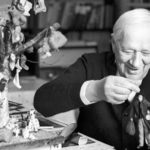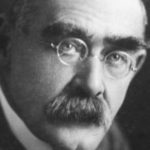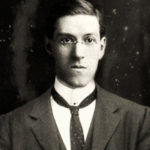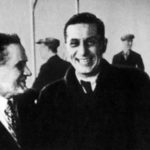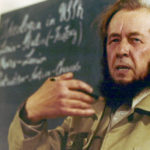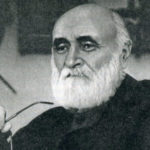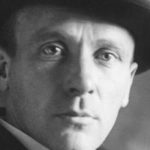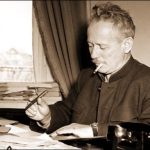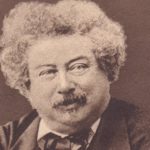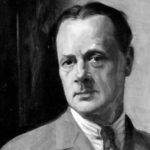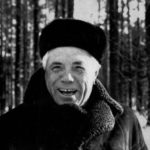Interesting facts about Andrei Platonov
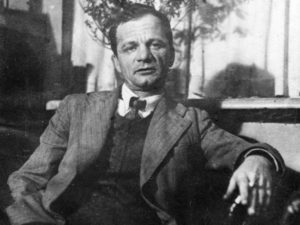 Andrei Platonov is a famous Soviet writer, whose creative path was fanned by the misunderstanding of some of his contemporaries and the persecution of the Soviet authorities. Personally, Stalin more than once sharply criticized the work of Platonov, which led to the writer’s disgrace and greatly complicated his further life.
Andrei Platonov is a famous Soviet writer, whose creative path was fanned by the misunderstanding of some of his contemporaries and the persecution of the Soviet authorities. Personally, Stalin more than once sharply criticized the work of Platonov, which led to the writer’s disgrace and greatly complicated his further life.
The writer Andrei Klimentov created under several pseudonyms, the most famous of which is the version of “Andrei Platonov”. A fictitious name was formed on behalf of the father of the writer Platon Firsovich.
The father of the future writer, a locomotive engineer and locksmith, was twice awarded all-Union awards for his work.
Andrey Platonov had 10 brothers and sisters, and he was the eldest of the children and helped his parents in every way in their upbringing.
After graduation from the four-year school, Platonov changed a lot of specialties – he worked in workshops for the manufacture of millstones for mills, was a boy in errands in various offices and on the railway.
Platonov’s talent for literature was manifested during the Civil War – becoming a military correspondent, he wrote essays and articles at once for several newspapers and publications.
After the end of hostilities, Platonov published several books of poetry, but literature did not become his profession. He worked in his native Voronezh province as an engineer – in particular, he built three power plants.
Joseph Brodsky compared Platonov with Dostoevsky.
The most outstanding works of Platonov, “The Pit” and “Chevengur”, were not printed during the author’s lifetime.
Stalin, who read one of the stories of Platonov in the magazine, called him “a talented writer”, but “a bastard.” The head of state even wrote a letter to the journal demanding to punish the negligent writer, who undermined the foundations of Soviet society.
In the spring of 1938, the authorities arrested the 15-year-old son of Platonov. Father made every effort to bring the child home, and two years later he succeeded. Unfortunately, by this time the writer’s son was already terminally ill with tuberculosis and died in 3 years. Platonov himself, who took care of his son, also contracted this illness and could not recover for the rest of his life.
Platonov’s texts reappeared on the pages of official publications only during the war years, where he served as a front-line correspondent. Despite the heroism and valor shown by the writer on the battlefield, he received no awards at the end of the Second World War.
Unable to publish his own works, Platonov engaged in the processing of fairy tales for children’s magazines.
There were rumors that Platonov, as a “literary slave”, wrote for Sholokhov one of his novels.
Platonov died of tuberculosis in 1951, surviving his eldest son for 8 years. After him remained daughter Maria, who until her death in 2005, was preparing to print books by Platonov.
In the center of Voronezh was solemnly unveiled a monument to Platonov.
